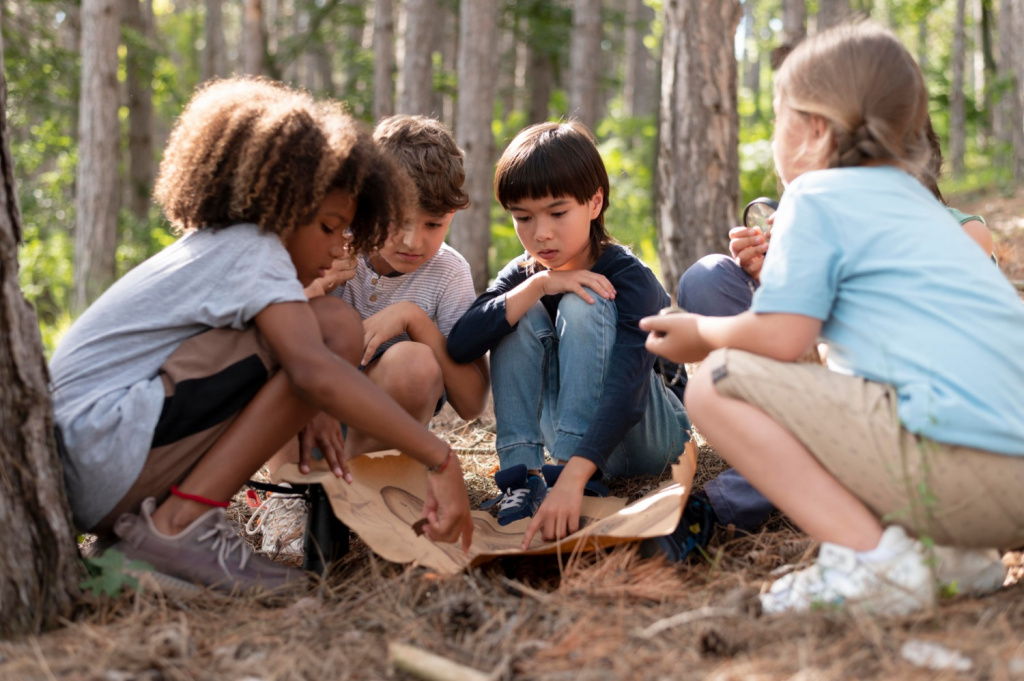
It’s time to recognise scavenger hunts as a powerful learning tool. They offer numerous benefits, from boosting critical thinking and teamwork to keeping students active. By promoting exploration, problem-solving and hands-on discovery, scavenger hunts create engaging, inquiry-based learning experiences that work across subjects and age groups.
Once you take a look at some real classroom examples and easy-to-use tips, you'll see why scavenger hunts are a must-have for teachers and parents who want to support kids’ learning and development.
Cognitive Benefits of Scavenger Hunts in the Classroom
Scavenger hunts challenge students to think on their feet and apply their knowledge in a hands-on way. Unlike passive learning methods, scavenger hunts provide a dynamic way to practice higher-order thinking skills. From deciphering clues to recognising objects, students make connections and process information as they go, reinforcing their learning in an interactive and memorable way.
How Scavenger Hunts Enhance Cognitive Skills
Encouraging Active Learning
Scavenger hunts challenge students to apply what they know rather than passively receive information. Instead of memorising facts, students solve problems, ask questions and make connections between new and existing knowledge.